Think of baseball as a cathedral of sorts, a place where the mundane meets the transcendent. On any given summer evening, fans pack into stadiums across America, not just for home runs or hot dogs, but for something deeper—a sense of connection, a shared ritual. The crack of the bat, the roar of the crowd, the rhythm of a nine-inning game: these elements carry a weight that goes beyond sport. For many, there’s a spirituality baseball meaning woven into every pitch, a quiet undercurrent that speaks to tradition, community, and even the mysteries of luck and fate. It’s not about religion in the conventional sense, but rather a collective yearning for meaning that plays out on the diamond. As we navigate an increasingly fragmented world in 2025, this hidden layer of the game offers a lens into how Americans still seek the sacred in unexpected places. What is it about baseball that stirs the soul? Let’s unpack the rituals, the history, and the personal stories that reveal this surprising spiritual dimension.
The Ritual of the Game
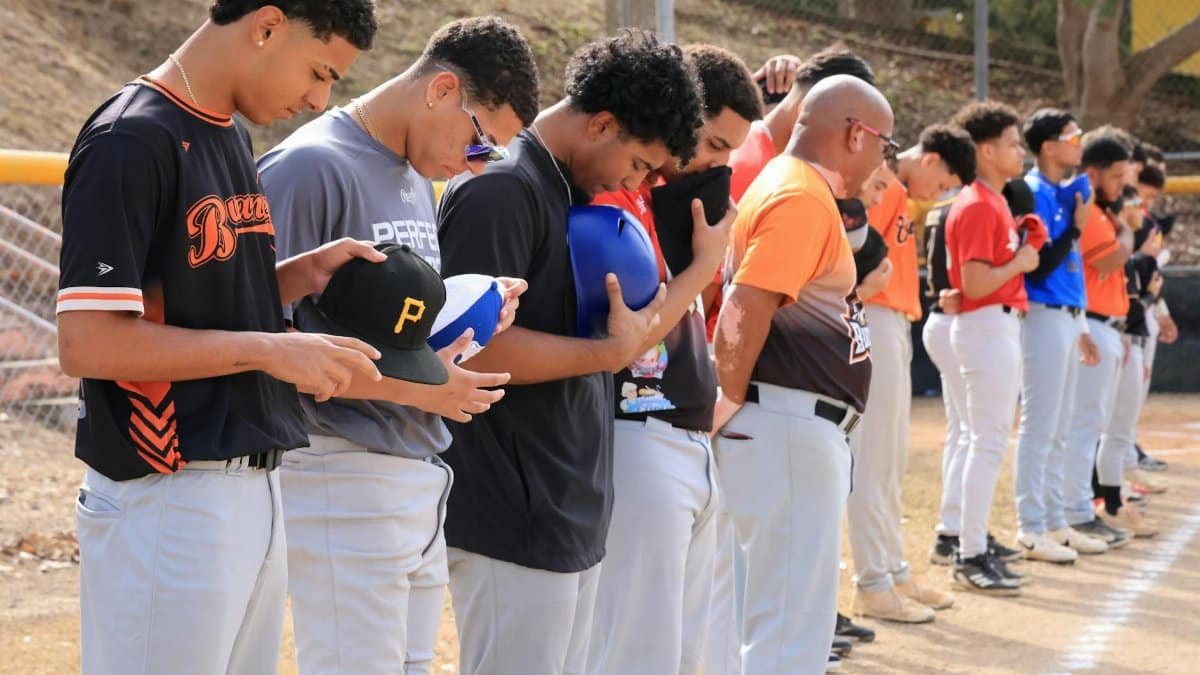
Every baseball game begins with a kind of ceremony. Players take the field in a precise order, the national anthem echoes through the stands, and fans settle into their seats with an almost reverent hush. This isn’t just routine; it’s ritual. Anthropologists have long noted how rituals—whether in ancient temples or modern stadiums—create a sense of order and belonging. In baseball, the repetition of innings, the predictable cadence of balls and strikes, mirrors the structure of spiritual practices like prayer or meditation. It’s grounding. It’s familiar. For a fan in Chicago or St. Louis, the game offers a rare space where time seems to slow, where the chaos of daily life is momentarily held at bay.
Consider the unspoken rules, too. Players don’t step on the foul line when entering or leaving the field—a superstition, sure, but also a nod to something larger, a respect for forces beyond control. These small acts remind us that baseball isn’t just a game; it’s a shared language of meaning, a way to connect with something intangible yet profoundly felt.
Superstition as Spiritual Practice
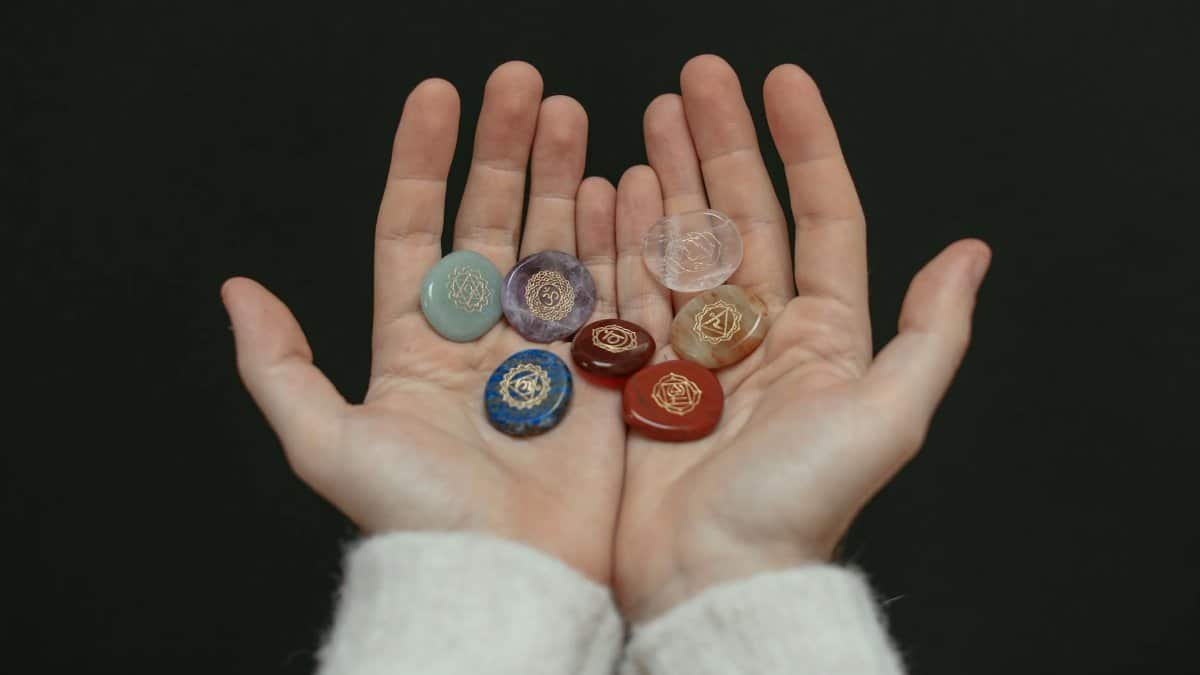
Ask any player about their pre-game routine, and you might hear tales of lucky socks, specific meals, or a particular way of tying cleats. Superstition runs deep in baseball, often dismissed as quirkiness but worth a closer look. A 2016 study from the University of Chicago found that athletes who engage in superstitious behaviors often report feeling more confident and focused, a psychological edge that mirrors the comfort derived from spiritual practices.University of Chicago News highlights how these rituals, however irrational, create a sense of control in an unpredictable world.
Take Wade Boggs, the Hall of Famer who famously ate chicken before every game. It wasn’t just habit; it was a personal talisman, a way to anchor himself amid the uncertainty of competition. Fans, too, have their own rituals—wearing the same jersey for every game, refusing to wash a cap during a winning streak. These acts aren’t so different from lighting a candle or carrying a lucky charm. They’re expressions of hope, of faith in something beyond the stats.
The Field as Sacred Space
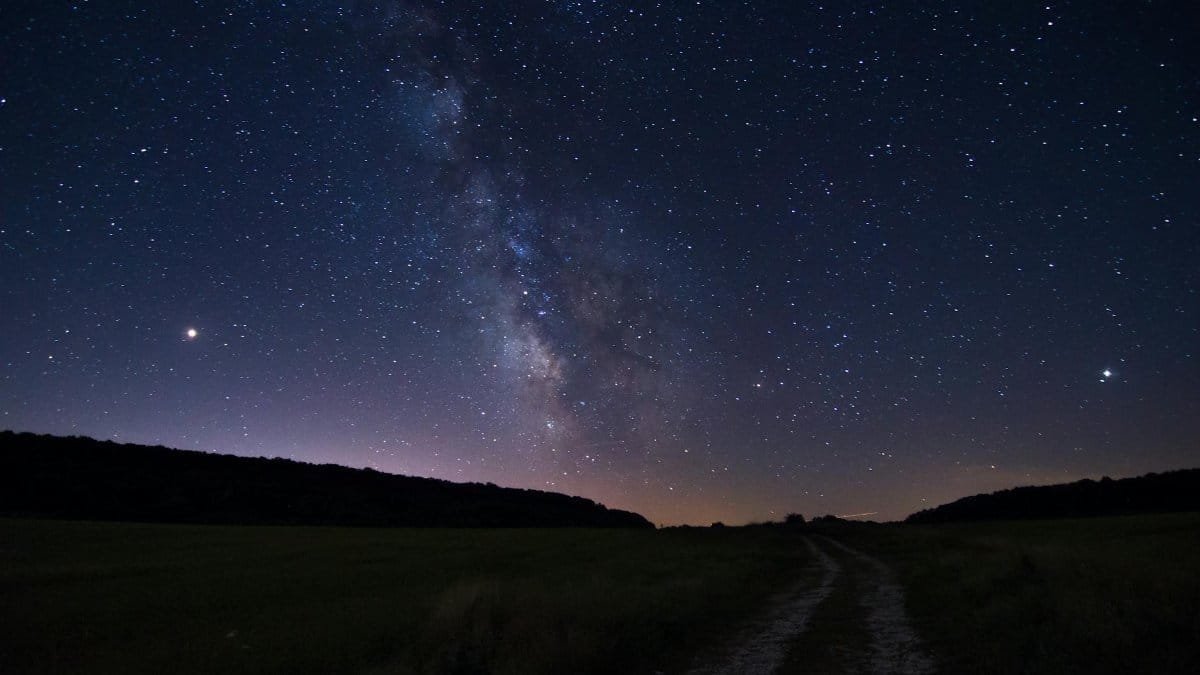
There’s a reason why places like Fenway Park or Wrigley Field are called “cathedrals of baseball.” Step into these storied stadiums, and the air feels different. The green expanse of the outfield, the worn dirt of the infield, the echoes of past games—they carry a hallowed quality. For many, these spaces are as close to sacred ground as anything in modern life. A 2020 survey by Pew Research noted that over 60% of Americans associate sports venues with deep personal or communal memories, often tied to family or identity.Pew Research Center underscores how these spaces become repositories of meaning beyond the scoreboard.
One lifelong fan, speaking anonymously, recalled visiting Yankee Stadium with their late father. “It wasn’t just about the game,” they said. “It was where we talked, where I felt him with me, even years after he was gone.” The field becomes a place of pilgrimage, a site where personal histories intersect with collective memory, amplifying the spirituality baseball meaning holds for so many.
Community and Transcendence Through Fandom
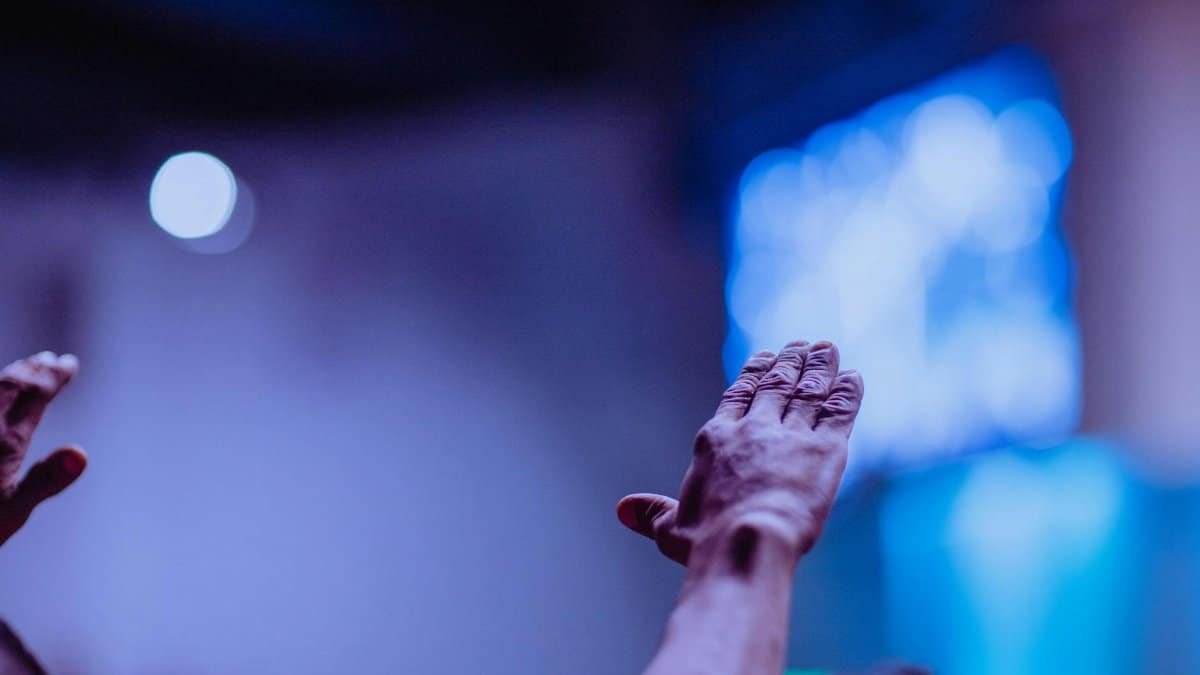
Fandom isn’t just cheering for a team; it’s joining a tribe. In a 2025 America marked by division, baseball offers a rare unifier. Red Sox and Yankees fans may feud, but they share a common language, a mutual understanding of the game’s highs and lows. This communal bond echoes the role of religious congregations, where individuals find strength in shared belief. A report from Harvard University’s Human Flourishing Program suggests that group activities like sports fandom can boost well-being by fostering connection, much like spiritual communities do.Harvard Human Flourishing Program points to measurable benefits in mental health from such affiliations.
Game days transform strangers into allies. The collective gasp after a near-miss, the eruption of joy at a walk-off homer—these moments lift fans out of themselves, offering a taste of transcendence. It’s fleeting, yes, but it’s real, a reminder of why the spirituality baseball meaning resonates so deeply across generations.
The Weight of History and Legacy
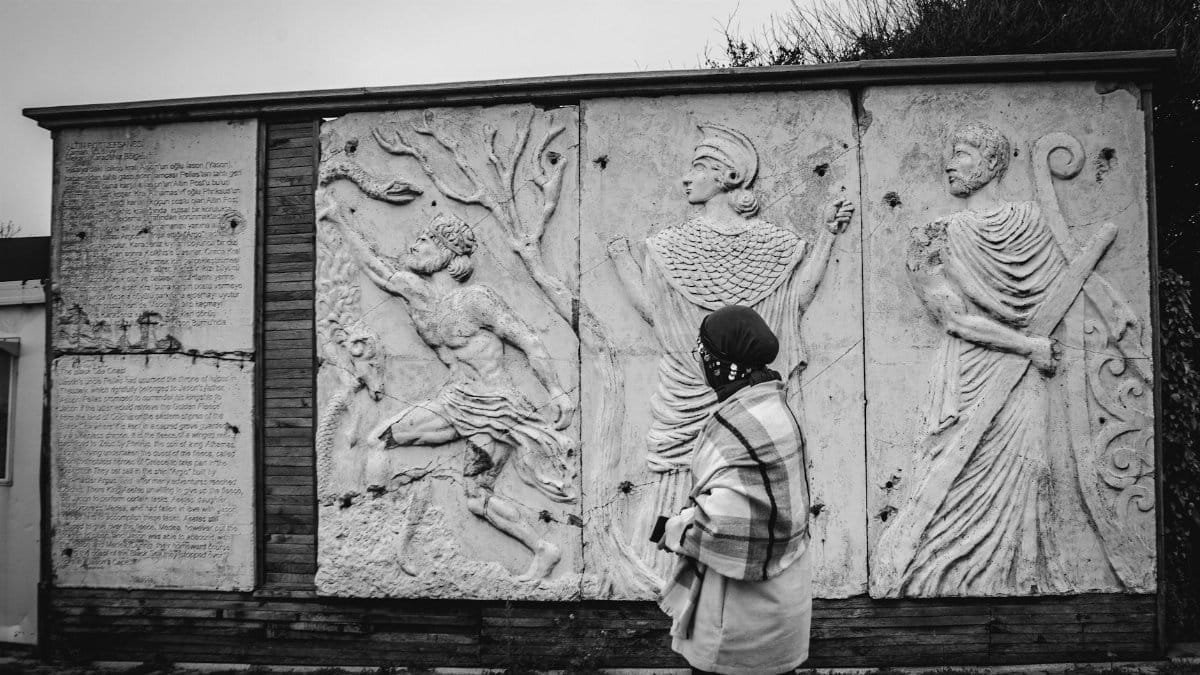
Baseball carries the past like few other sports. Every game is layered with history—records set by Babe Ruth, barriers broken by Jackie Robinson, curses lifted after decades of waiting. This reverence for what came before imbues the game with a spiritual heft, a sense that players and fans are part of something enduring. The National Baseball Hall of Fame in Cooperstown isn’t just a museum; it’s a shrine to the game’s lineage, drawing thousands annually to reflect on its legacy. According to the Hall’s own data, over 300,000 visitors pass through each year, many describing the experience as “humbling.” National Baseball Hall of Fame captures this pilgrimage-like draw.
This connection to history offers a grounding force. When a young player steps onto the same field as legends, or a fan recounts a grandparent’s tales of Ebbets Field, there’s a thread of continuity. It’s not just nostalgia. It’s a way of touching eternity through nine innings.
Personal Meaning in Every Play
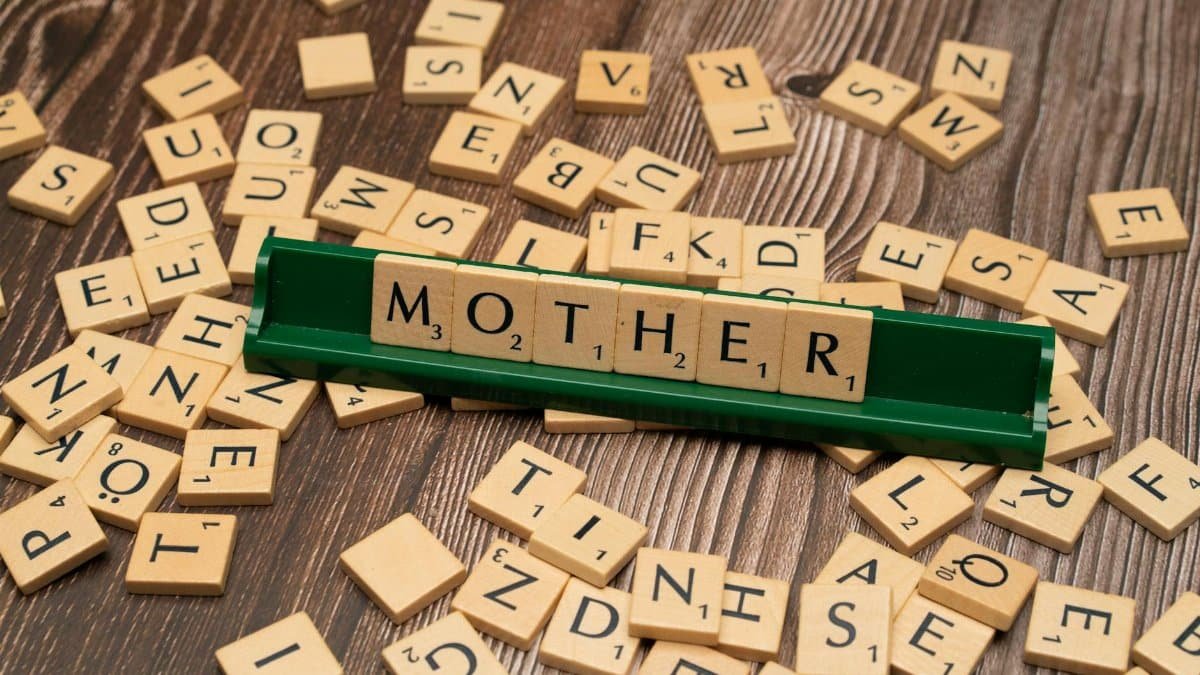
Beyond the grand narratives, baseball’s spiritual pull often lies in the small, personal moments. A child catching their first foul ball. A player kneeling for a quiet moment before stepping up to bat. These snapshots reveal how the game becomes a canvas for individual meaning. Recently, in an online discussion, someone shared how watching a late-night game with their sibling became a lifeline during a tough year. “It wasn’t about who won,” they noted. “It was about having something steady to hold onto.”
Such stories aren’t rare. Baseball, with its slow pace and long season, gives room for reflection. Each play, each pause, invites fans and players alike to find their own spirituality baseball meaning—whether it’s in the resilience of a comeback or the simple joy of a summer night under the lights. As we look at the game in 2025, amidst rapid societal shifts, its ability to anchor us in both the personal and the eternal remains as powerful as ever.
